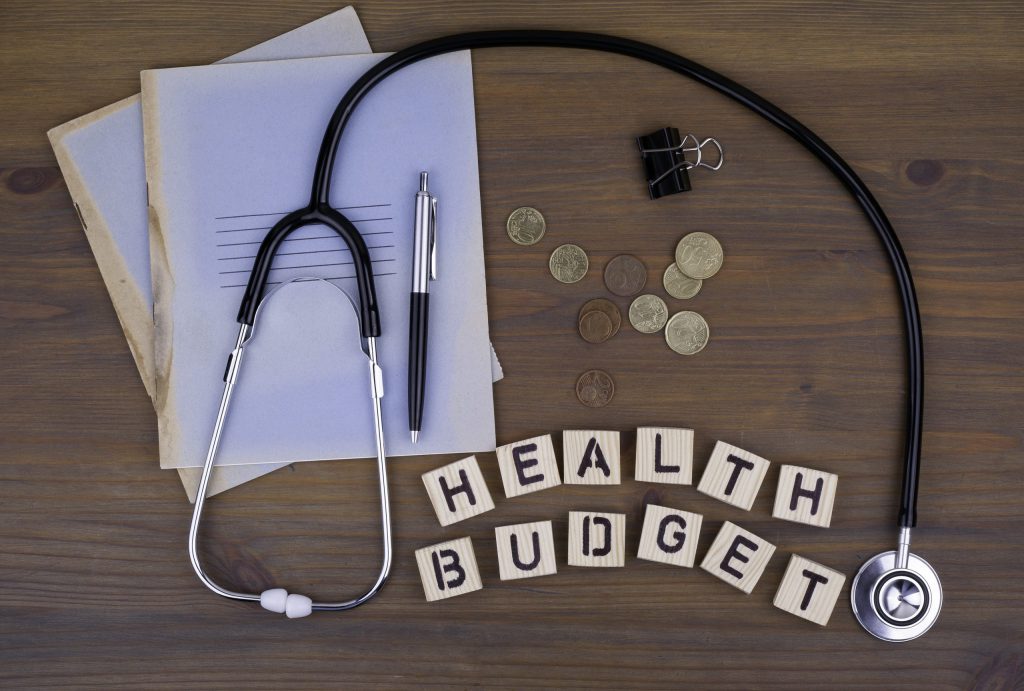Happy New Year! If you’re like us, you’re ready to make 2017 your best year ever – and that means improving your physical and your financial health. With the costs of health care increasing, you’re likely looking for ways to cut back on medical bills without compromising your health. Here are the best ways you can save money on health care in 2017 (and beyond).

Be smart about choosing a plan
It may sound obvious, but selecting the right plan for you and your family will build the foundation for good, affordable health care. This actually takes a bit more work than you might think, as you need to take several things into consideration. You’ll need to find a plan that includes both your doctors and medications – but don’t trust everything you see or read online. If you’re concerned about losing coverage with your doctor or facility, call them to ensure they’re still participating in the insurance plan.
Know your policy
The great thing about spending time to research a policy is that you wind up knowing what your policy covers. This can save you a lot of money over the course of the year. If you aren’t shopping around for your policy (for example, if your employer provides your coverage), you still need to get to know what it covers. This will help you from being blindsided with medical bills for a procedure or service you assumed was covered. It can also help you determine which facilities or pharmacies will be most cost-effective for you in the coming year.
Shop around
You probably shop around before you buy a TV or maybe even breakfast cereal, so why not compare costs when you’re purchasing prescription drugs? Believe it or not, it’s not just your insurance policy that determines how much you’ll wind up paying for those prescriptions. Some pharmacies are much cheaper than others, and many of them list their prices online. A few good ones to check: Wal-Mart and Target offer $4 generic drugs, and Costco’s pharmacy is open to member and non-members alike. Call around for the best pricing.
Ask lots of questions
You wouldn’t buy a car without asking a whole lot of questions, so don’t agree to a procedure, test or medication before you understand whether it is really, in fact, medically necessary. When you’re talking with your doctor, it’s important to be honest about your concerns – especially your financial concerns. Ask your doctor to help you understand the benefits of prescriptions, services or tests he or she orders, so you can make an informed decision about them. If your doctor doesn’t know how much something will cost, ask to speak with the financial coordinator or billing department.
Save emergency facilities for emergencies
It seems like the worst of the flu always hits after hours or on the weekend when your doctor is closed. But if your condition isn’t life-threatening, heading into the emergency room will likely just end up costing you a whole lot of money. Even for conditions like broken bones or a nasty cough, you’ll end up paying much less by visiting an urgent care or walk-in clinic over an emergency room department. Keep in mind that some health insurance plans wave your emergency room deductible if you’re referred by a doctor, so it may not hurt to see your doctor first – even if you wind up there later.
Read your explanation of benefits
Healthcare bills and EOBs can be confusing. For most services, you’ll receive a bill from the medical provider as well as an explanation of benefits from your insurance company. Check both of these to ensure accuracy. While they may not always match, they should give you a good idea of what was covered. If a service was not covered that you thought should be, call your insurance company and ask for an explanation. This could be a clerical oversight that will cost you money needlessly.
Ready to save more money – and live healthier – in 2017? We can help you find the perfect plan for your needs.








